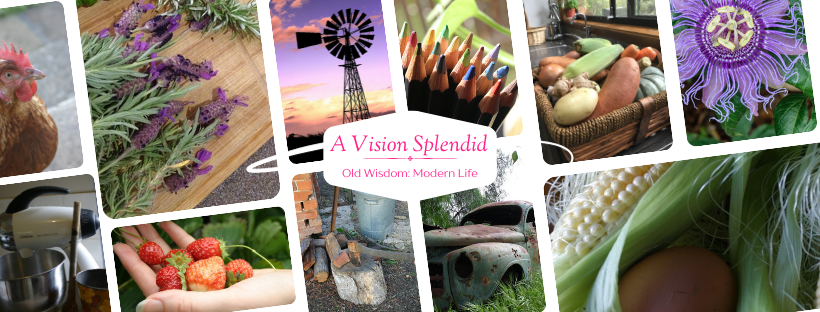" This week's challenge is to reduce the amount you spend on food, and as an added bonus, the amount of packaging on the food you buy. Our associated challenge this week is to reduce the amount of debt you have."
Our normal grocery budget is $180. We never spend this much, but I always allocate that amount. We then put the left over money into a jar and use it for times when we need extras, for example if visitors are coming or taking it on holidays so we can eat out etc. We usually spend between $120 and $150 per week.
When I redid our budget a couple of weeks ago I cut the amount to $150. I shop with cash and I menu plan before hand so I know exactly what I need and what we are eating throughout the week. Not eating preservatives and cooking from scratch has made a HUGE difference to our grocery bill. Last week I spent $68. This included meat and fruit and veg. I was amazed.
Anyway, as far as the ALS challenge goes - these are the things that I will attempt to do, or in some instances are already doing:
* grow some of your own food.
* make up a food budget and take only that amount of money to the supermarket with you.
* create a menu plan for the week so you know what you need to buy for each meal.
* start tracking your spending. Every time you go out, take a small notebook with you. Write down every item you buy and how much you spend. This will give you a good idea of where your money is going. When you do this for a few weeks, you'll see your money spending pattern emerge. Once you've identified your weak spots, you can start fixing them.
* start a grocery stockpile.
* cook from scratch. Processed and precooked foods cost much more than basic ingredients. Don't pay someone else to cook for you, do it yourself and save.
* include at least two meatless meals a week.
* ban yourself from eating out or buying takeaway for this entire week.
* shop for specials. Go to a few different supermarkets in your local area to cherry pick their specials, and then finish your shopping at your regular store.
* buy vegetables and fruit from roadside stalls and farmers markets.
* ask around your neighbourhood to see if there are any local people selling food. You may have a neighbour selling eggs, honey or organic vegetables.
* make your own shopping bags and fruit and veg bags so you're not bringing home plastic bags.
* buy meat from a butcher, not a supermarket. You'll find it's probably cheaper and fresher, and have less packaging. Ask the butcher to wrap your meat in paper. No plastic sheets or bags.
* stop buying individually wrapped or bagged groceries, like snack foods.
* buy larger packs and decant into smaller jars.
* watch the unit price. Check out the price per gram or piece. Just because it's packaged in a certain way, doesn't mean it's cheaper!
* look for and support products that have minimal wrapping.
Subscribe to:
Post Comments (Atom)
Herbs and Spice and All Things Nice
Fresh herbs The herb garden is one of the most underrated additions to any home garden, balcony or window sill. Have you ever purchased ...

-
This is the first time I have tried to make a tortilla or wrap as we call them. It was surprisingly easy! This ...
-
This is my sister-in-laws recipe and it is the best that I have come across for patty cakes ( also known as cup cakes). The cakes are li...
-
We have bigger houses but smaller families; More conveniences, but less time; We have more degrees, but le...




No comments:
Post a Comment